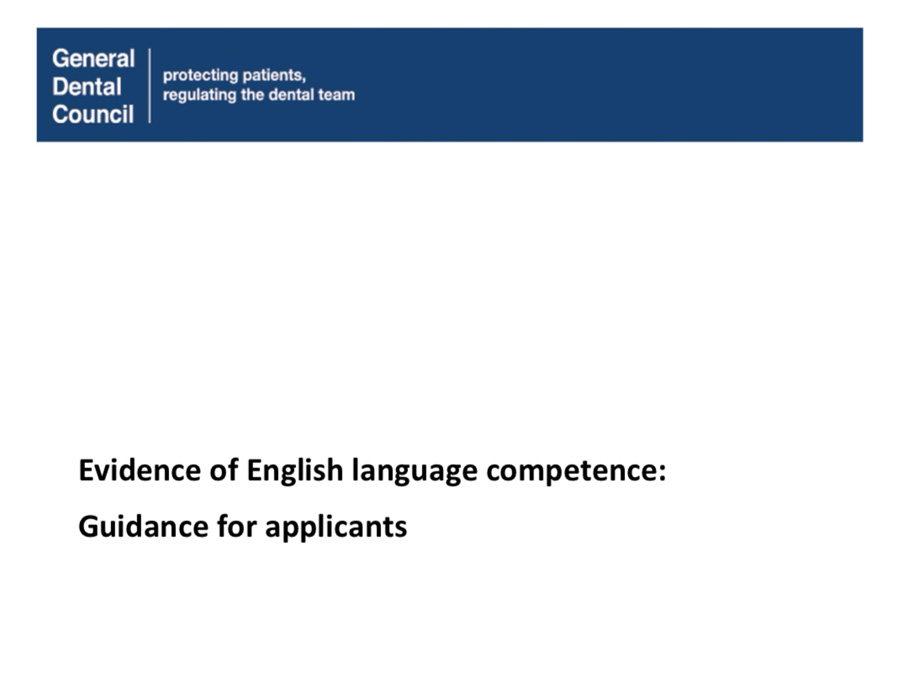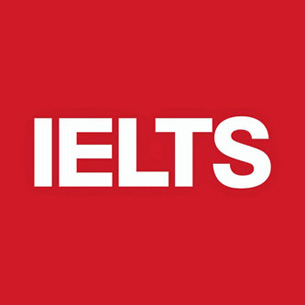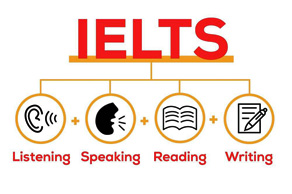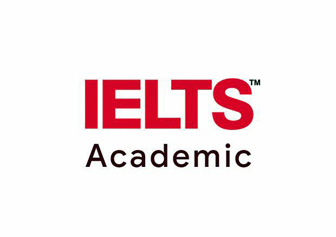
The General Dental Council (GDC) is dedicated to ensuring that only dental professionals with adequate knowledge of the English language are authorised to treat patients in the United Kingdom.
In collaboration with other healthcare regulators, the GDC worked alongside the Department of Health to amend the legislation governing its operations, the Dentists Act 1984. These amendments introduced new powers for assessing English language proficiency, which came into effect in April 2016.

Legislative Provisions on English Language Proficiency
Under Section 15(4) of the Dentists Act 1984, applicants seeking registration with the GDC as dentists must demonstrate to the Registrar that they possess the necessary English language skills.
Section 15A of the Act provides additional guidelines regarding the English language requirement. It stipulates that if the Registrar is not satisfied with the evidence, information, or documents submitted by an applicant to demonstrate their English proficiency, the Registrar may request further evidence. This request must be fulfilled within a timeframe specified by the Registrar. Additionally, the Registrar may require the applicant to:
(a) undertake an examination or other form of assessment, and
(b) provide information regarding the results of this examination or assessment within a specified period.
These provisions enable the GDC to evaluate the English language proficiency of any dentist or dental care professional (DCP) before granting them permission to practice in the UK.

English Language Requirements for Overseas Dental Professionals
Dental professionals who obtained their qualifications outside the UK must prove their English language competence as part of the evaluation of their qualifications, skills, and knowledge. The method for demonstrating proficiency varies depending on the applicant’s circumstances.
If the GDC is satisfied with the evidence of English proficiency submitted with the initial application, no further proof will be requested. Applicants who qualified in a country where English is the primary language are generally not required to provide additional evidence. However, if the submitted evidence is deemed insufficient, applicants will need to pass an English language proficiency test.

Satisfying the GDC’s English Language Controls
All overseas applicants must meet the GDC’s English Language Controls by demonstrating fluency in both written and spoken English. This is essential for effective communication with patients, their families, dental teams, and other healthcare professionals in the UK. Detailed guidance is available on the GDC website: English Language Controls Guidance.
If an English language proficiency test is required, the GDC typically requests an Academic International English Language Testing System (IELTS) certificate. IELTS is recognised as a fair and objective method for assessing English language ability.

IELTS Requirements
The GDC specifies the following minimum scores for the Academic IELTS:
• 6.5 or higher in all individual components, and
• 7.0 overall.






Please note that the GDC does not accept scores from the IELTS single-module retake scheme. Only a complete Academic IELTS test is considered valid.
Criteria for Acceptable Evidence of English Proficiency
The GDC’s guidelines outline the criteria for determining whether submitted evidence is sufficient to demonstrate English language proficiency. Any evidence must:
- Clearly show a strong command of the English language, meeting the requirements set out in the Dentists Act regarding English competency.
- Be recent, objective, independent, and robust.
- Be easily verifiable by the GDC.
These standards ensure that all dental professionals in the UK can communicate effectively and safely within a healthcare setting.
